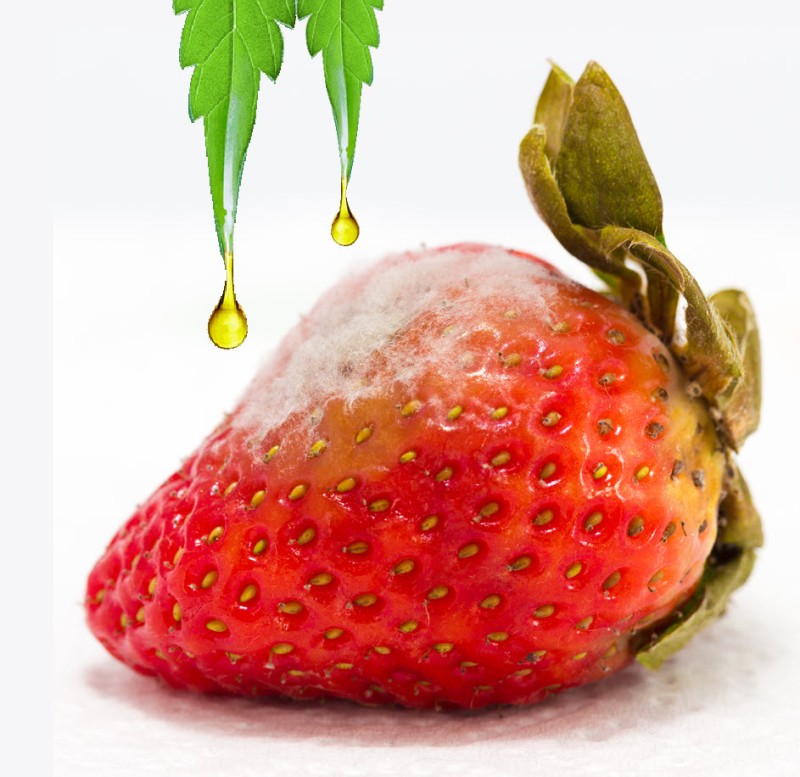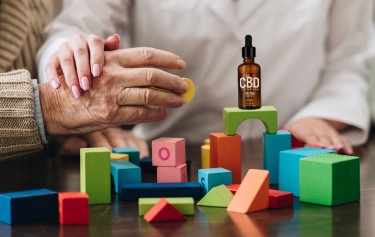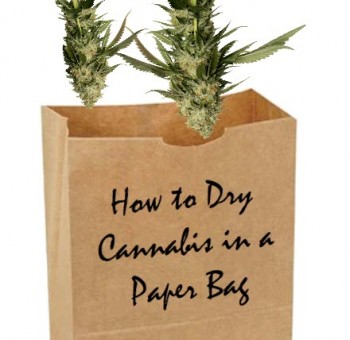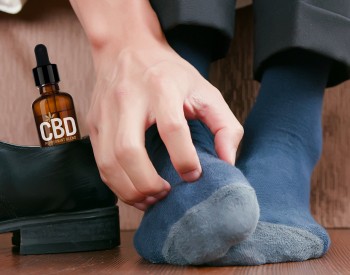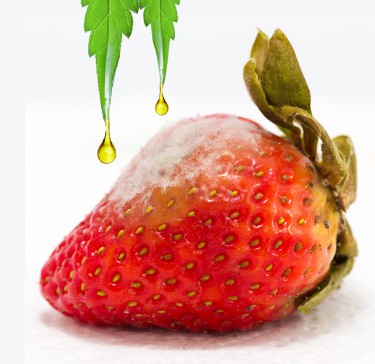
New Ways To Use CBD Have Been Found
You May Even Be Able To Use It As A Fruit Preservative!
Cannabidiol, better known as CBD, is literally everywhere these days.
It’s the second most famous compound in marijuana, next to its psychoactive counterpart, THC (tetrahydrocannabinol). However, CBD doesn’t get you high, and it comes from hemp plants. Most people consume CBD to treat an array of conditions it has proven to treat: anxiety, stress, insomnia, and epilepsy among many others. But when it comes to the uses of CBD, we’re only just getting started.
Research on CBD is growing, and so is the interest. CBD is now being added into so many things, from food to drinks, capsules, oils, and even topicals.
More research now shows that CBD can even be used as a fruit preservative.
Investigators from Thailand’s Chulabhorn Research Institute and Thammasat University teamed up to study the use of CBD to preserve fruit. They combined it with biodegradable polymers that are already being used in pharmaceuticals to produce nanoparticles 400 nanometers wide. The result was then mixed with sodium alginate, a food additive, as well as water. They then dipped strawberries into the mixture, bathed them in calcium chloride and ascorbic acid.
“Cannabidiol (CBD) has been shown to have antioxidant and antibacterial effects. The investigation into CBD’s potential as an antioxidant and antibacterial agent, meanwhile, is still in its initial stages. The study goals were to prepare encapsulated cannabidiol isolate (eCBDi), evaluate the effects of eCBDi edible active coatings on the physicochemical properties of strawberries, and determine whether CBD and sodium alginate coatings could be used as a postharvest treatment to promote antioxidant and antimicrobial activity and prolong the strawberry shelf life,” explained the researchers.
They found that the strawberries treated with CBD showed significantly less decay at more than 15 days later, compared to the naked ones. It also helped to maintain the fruit’s color for a longer period of time. The researchers believe that more studies should be done, but if developed further, this could help address food wastage while helping to preserve other types of fruit and perishable food.
“In the results, a significantly delayed deterioration was observed in terms of weight loss, total acidity, pH, microbial activity, and antioxidant activity for coated strawberries compared to the control. This study demonstrates the capability of eCBDi nanoparticles as an efficient active food coating agent,” reads the abstract.
In 2021, another study that was published in Postharvest Biology and Technology revealed that CBD oil was effective in decreasing the growth of microbes among treated strawberries. The researchers for that study found that berries coated in CBD were able to maintain their visual properties for much longer compared to berries that weren’t treated.
More studies are surely needed, but these point to hopeful findings that CBD could indeed be a feasible option for consumers as well as farmers who want to increase the shelf life and integrity of fruits as well as vegetables.
CBD Eye Drops
Dry eyes are an extremely common occurrence that affect millions of people each day. While it isn’t fatal, dry eyes are extremely uncomfortable and it may cause irritation, pain, burning sensations, or blurry vision.
There are many kinds of eye drops on the market for this purpose, though many of them aren’t as effective for a great number of patients. Now, researchers are studying the possibility of delivering CBD into the eyes to treat this condition.
Max Bio+ is a biotech company founded by Professor Sunil Shah in 2020, together with Sean Ngu, a philanthropist. Shah is a professor at the Aston University, as well as a consultant ophthalmologist. Shah was recently able to discover a technology that enabled oil and water to be mixed, with the intention of developing CBD-based eye drops to help patients with its inflammation and bacteria-fighting properties. However, delivering CBD oil to the eyes is a challenge.
They successfully found a method for creating water soluble CBD, which can help make CBD-based eyedrops a possibility. Aside from eye drops, the technology used for making water soluble CBD can even be used for other applications in the future.
“This breakthrough in mixing oil and water is a genuine gamechanger. Just imagine how it can change the health industry by allowing the oral delivery of many drugs that currently have to be injected. Insulin a prime example. This could spell the end of painful injections for thousands of diabetics. Then there are the eye drops and myriad ways to add CBD to food and beverages without compromising on taste,” Professor Shah explained.
Professor Shah and his team are now working on developing the eye drops as well as other products such as CBD infused beer, and sublingual insulin application.
Conclusion
CBD as a fruit preservative, and CBD-oil infused eye drops… these are just the tip of the iceberg when it comes to developing numerous CBD applications that can greatly solve many of the world’s problems today, or at the very least make life more convenient. CBD, as well as hemp, has continued to show many applications that are not limited to the health and medical field.
In the near future, we can expect to see much more research and development being done that can change how we live any time soon.
